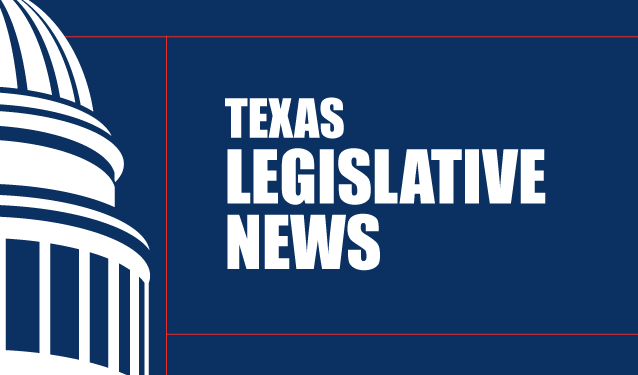

Table of Contents
Monday, May 31, was the 140th and final day of the regular session of the 87th Texas Legislature. Lawmakers spent the day adopting resolutions, hearing announcements, and making minor technical corrections to bills that had already passed. But the calm of these final hours came in stark contrast to the tension from the preceding week.
On Wednesday, May 26, Lt. Gov. Dan Patrick declined to meet a critical deadline to bring up an important bill that contained “sunset” language extending several state agencies that are set to expire on Sept. 1. The lieutenant governor’s decision followed the House’s failure to pass some of his priority items. The sunset bill was seen as a must-pass measure whose failure could have meant lawmakers would need to return for a special session to reconsider the legislation.
Although the sunset bill was later added to another bill and passed by the Senate, the course of events called to mind a similar situation in 2017 when Patrick’s deliberate withholding of a sunset bill resulted in a special session where lawmakers revisited several of his priorities. This time, Gov. Greg Abbott indicated less willingness to call a special session on the account of the sunset legislation.
Sunday, May 30, was the final day for lawmakers to adopt conference committee reports, which are the compromises on bills passed by each chamber with differing language. Typically, a conference committee only considers language found in either the House version or Senate version of a bill, then decides which one to go with. In some instances, however, a committee adopts provisions found in neither version. Sometimes this is a way for lawmakers to find middle ground, but the process is occasionally used to add language from other legislation that didn’t make it through. Adding new language requires that lawmakers adopt a resolution that includes all of the new provisions.
Senate Bill 7
Included in the bills with conference committee reports up for consideration was Senate Bill (SB) 7, a controversial bill related to the administration of state elections, an issue listed as one of the governor’s emergency items. In this case, the resolution for SB 7 included 20 pages of new language, some of which had not received a public hearing during the session. One new provision would create stricter eligibility rules for people with disabilities to vote using absentee ballots.
The final draft of SB 7 was not released to the public in a timely fashion, and the Senate debated the bill in the middle of the night, with its final vote coming just after 6 a.m. on Sunday. The Senate passed the bill on a party-line vote with the 18 Republicans voting in favor and the 13 Democrats voting in opposition.
The House began to debate SB 7 on Sunday afternoon. After unsuccessfully trying to derail the bill using procedural tactics, House Democrats used one final tool at their disposal and broke quorum by exiting the chamber about 90 minutes before the midnight deadline for the House to pass legislation.
Under House rules, no votes can be taken if fewer than 100 of the body’s 150 members are present. Democratic House members gradually exited the floor over the course of Sunday’s debate, and only a few remained once it was clear that a vote on the bill was imminent. By breaking quorum, the House Democrats blocked a vote on SB 7 as well as votes on other legislation, including a measure related to bail reform that was another one of the governor’s emergency items.
What’s Next?
In an announcement on Sunday, Gov. Abbott indicated that the issues of state elections and bail reform would be added to the agenda for a special session. The governor can call a special session at any time and has sole discretion over the issues that are to be considered. There is no limit to the number of special sessions that can be called.
Lawmakers were already expected to return in the fall for a special session to consider redistricting and the distribution of federal COVID-19 relief funds. It’s unclear if new items will be added to the agenda for that session, or if the governor will call an additional special session for lawmakers to consider other items.
In response to the actions of the House Democrats, the governor announced he would veto the section of the state’s appropriations bill that funds the Legislature. However, since lawmakers’ salaries are included in the Texas Constitution, the governor’s veto may primarily impact administrative expenses and the salaries of legislative staff.
Sunday, June 20, is the final day for the governor to sign or veto bills that were passed during the regular session. Bills can also pass into law without his signature if no veto is issued.
Stay Informed
Thank you for following our legislative updates over the course of the session. We will continue watching for new developments on how disability issues are addressed by the Legislature and will send updates when major news is announced. Also, we will host a Disability Policy Academy in July to provide a wrap-up of the session. More details will follow. To stay up to date, subscribe to TCDD eNews.
On our website, you can find legislative resources and video updates from TCDD Policy Director Scott Daigle on what’s happening at the Capitol. To receive additional notifications, follow us on Twitter, Facebook, LinkedIn, and Instagram.
